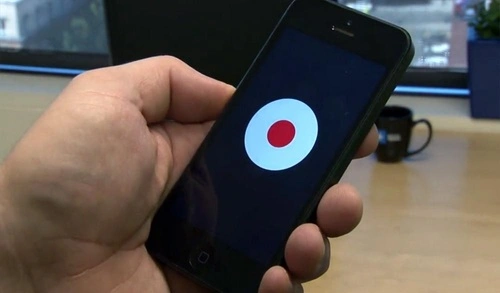See, as long as you’re part of a conversation, you’re allowed to record, and no, it is not illegal at all. Just in case you don’t know, well, Texas follows what we call the “one-party consent” rule; as per that, you can record a conversation if just one party in the entire conversation decides to record, then they can definitely do that without any legal boundaries.
The law kinda is specific about this: Texas Penal Code Section 16.02. It explicitly says that it is lawful to record any conversation if one party to the conversation has knowledge of it happening. Hence, it is also federal law. Matters become really complicated when the conversation involves someone situated in another state.
Real-Life Scenarios: What’s Allowed and What’s Not

Let’s make it simple with a few examples.
- If someone decided to consider recording a phone conversation or a face-to-face conversation, Texas would consider it legal. That means one does not have to inform the other person.
- Recording someone talking in a public place like a park or on the street, away from an expectation of privacy, is usually allowed.
But here’s where people get it wrong:
- If you leave a recorder running inside the room and walk out while guests are talking and you’re clearly not part of that conversation. Then, that is probably illegal.
- Because your neighbour in their backyard or behind a fence could be secretly recorded, especially when they have a strong expectation of privacy. You shouldn’t do that.
What About Conversations Across State Lines?
Now, in this context, let’s say you’re calling somebody in California. California has a bit different setup; it is a “two-party consent” state. This means that both parties must consent to the recording.
Then, if it is in Texas and it is legal there, recording without one party’s consent could be against California law. And yes, they can file legal action against you in their state.
Bottom line: If the call involves someone in a different state, always check their consent laws. If unsure, do not record. Plain and simple!
If Your Neighbor Has Cameras Pointed at You
That sounds like a relatively common concern. Again, if you are outside, like in your front yard, driveway, or backyard, and your neighbor’s camera spots you, it is usually not an issue. Why? Because one cannot reasonably expect to enjoy privacy in open and visible spaces.
But when the other person records inside your home through the window and invades your privacy by placing the camera in areas like the bedroom, the situation is classified as an infringement. Texas laws protect your privacy rights inside your home, especially in the bathroom, bedroom, or any other personal space.
A Quick Note About Court Use
Even if legally made, that doesn’t necessarily mean it will work in your favor. Judges don’t always appreciate secretive recordings. It appears sneaky, and that can harm your case.
Then there are cases when the recording actually was used to prove serious charges of threats or lies, for example. But again, that is not to say you should depend on it. Before agreeing to use a recording in court, first consult with an attorney.